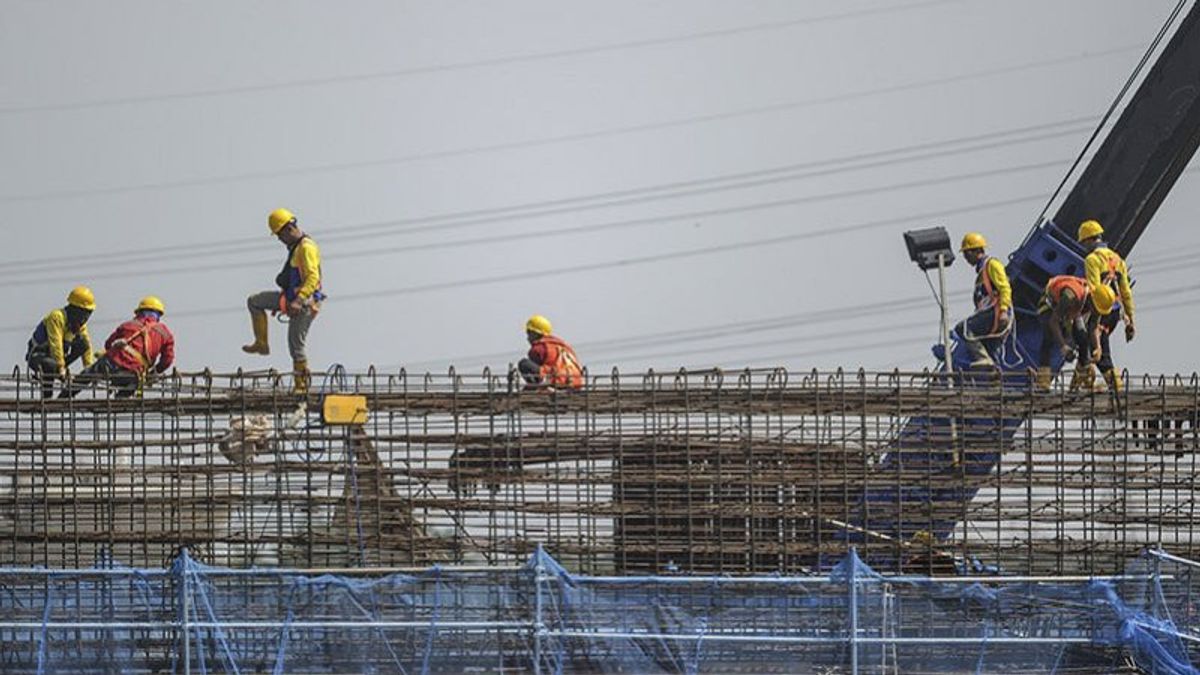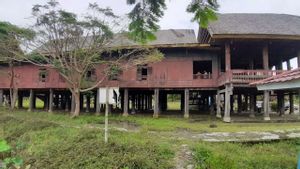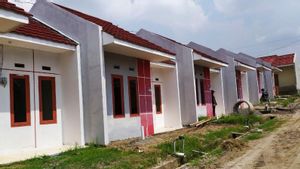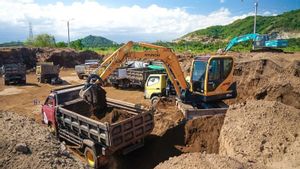The Directorate General of Construction Development of the Ministry of PUPR targets the development of Indonesian Construction Workers (TKK) to be more than 44,000 people, by 2024.
"The target for construction workforce development in 2024 is targeted at 44,100 people," said Director General of Construction Development Rachman Arief Dienaputra at a Hearing Meeting (RDP) at the DPR RI Building, Jakarta, Tuesday, June 20.
Rachman said the labor development would be divided into two programs, namely the management of the implementation of regular TKK certifications and vocational training programs.
"For the management program, the implementation of regular TKK certification is 28,800. Meanwhile, education programs and vocational training for the certification of the construction sector of SMK, polytechnics, universities are 15,300 people," he said.
Previously, the Construction Services Development Institute (LPJK) of the Ministry of PUPR said that the number of workers in the construction sector in Indonesia was still not certified.
This was revealed by LPJK Chairman Taufik Widjoyono at a press conference at the PUPR Ministry Building, Jakarta, on Thursday, June 15.
"So, now there are only 393 thousand people (certified)," said Taufik.
VOIR éGALEMENT:
Taufik assessed that this number is still far from the minimum figure he estimates to support infrastructure development in Indonesia.
"Sorry we don't have the data, but the figures from the statistical center show 8 million people (workforce in the construction sector), there is a driver, there is a kenek, etc. So, if I can call this my estimate, actually the minimum of certified people is 30 percent of 8 million," he said.
According to Taufik, certificates are the basis for labor competence prepared by users, in this case the Ministry of PUPR to be equal to the standards used abroad.
"So, the basic competency national standard is the SKKNI, so once the person is certified, then he will be the same for the entire national and secondly he will also be the same as the standards abroad," he said.
The English, Chinese, Japanese, Arabic, and French versions are automatically generated by the AI. So there may still be inaccuracies in translating, please always see Indonesian as our main language. (system supported by DigitalSiber.id)











